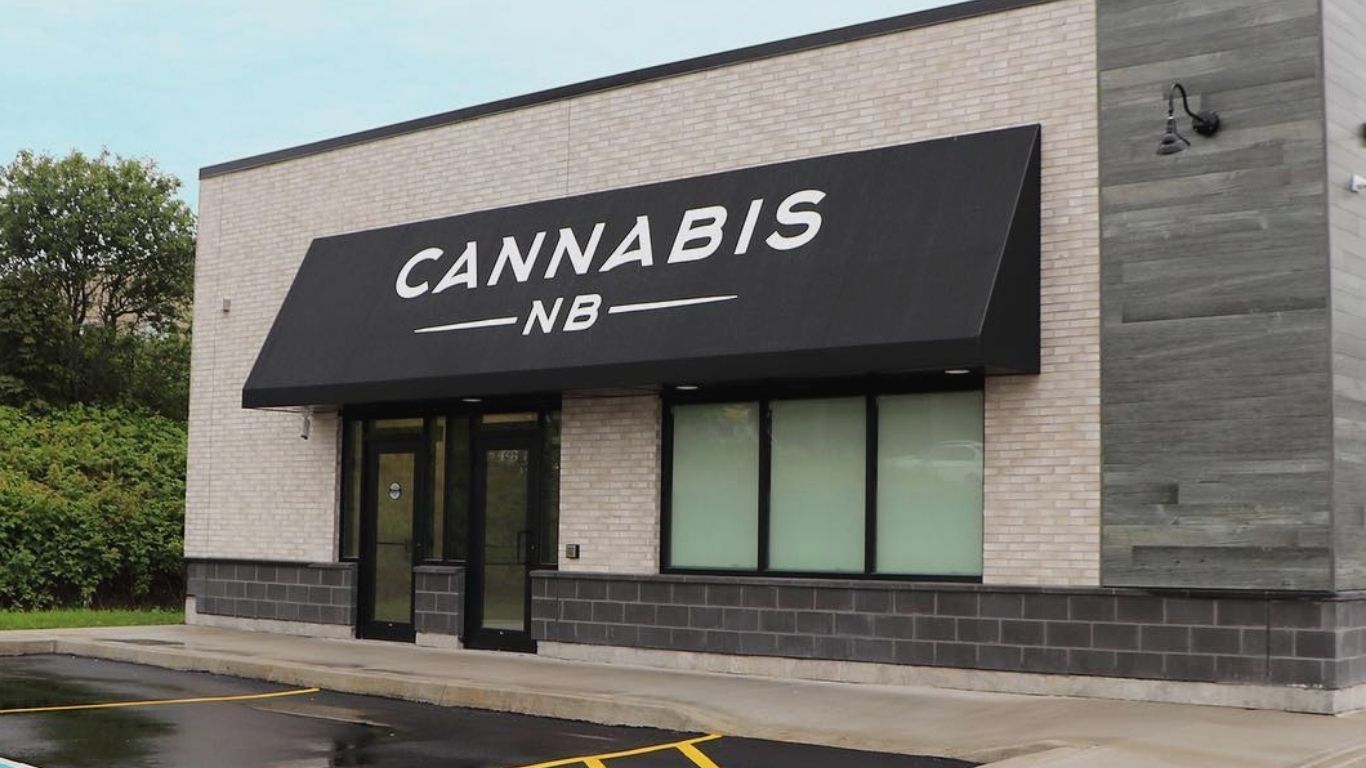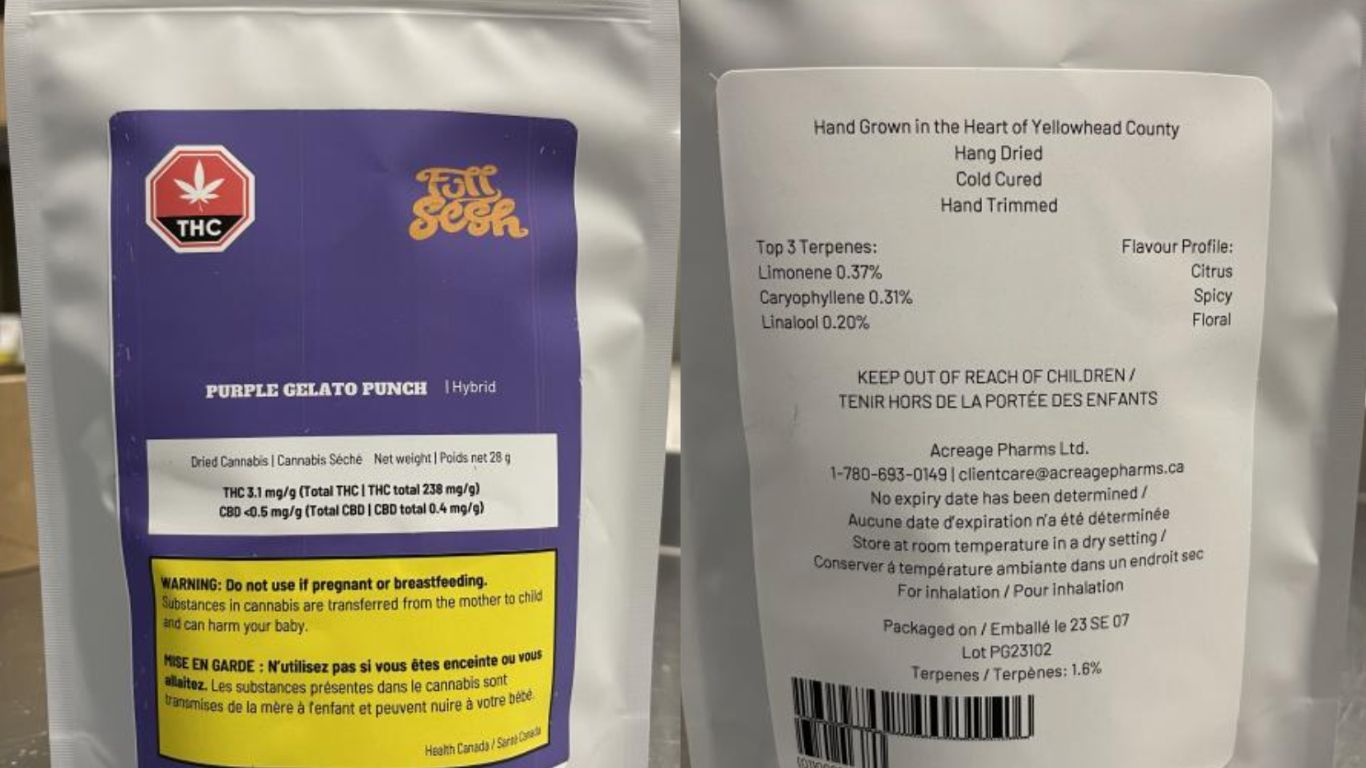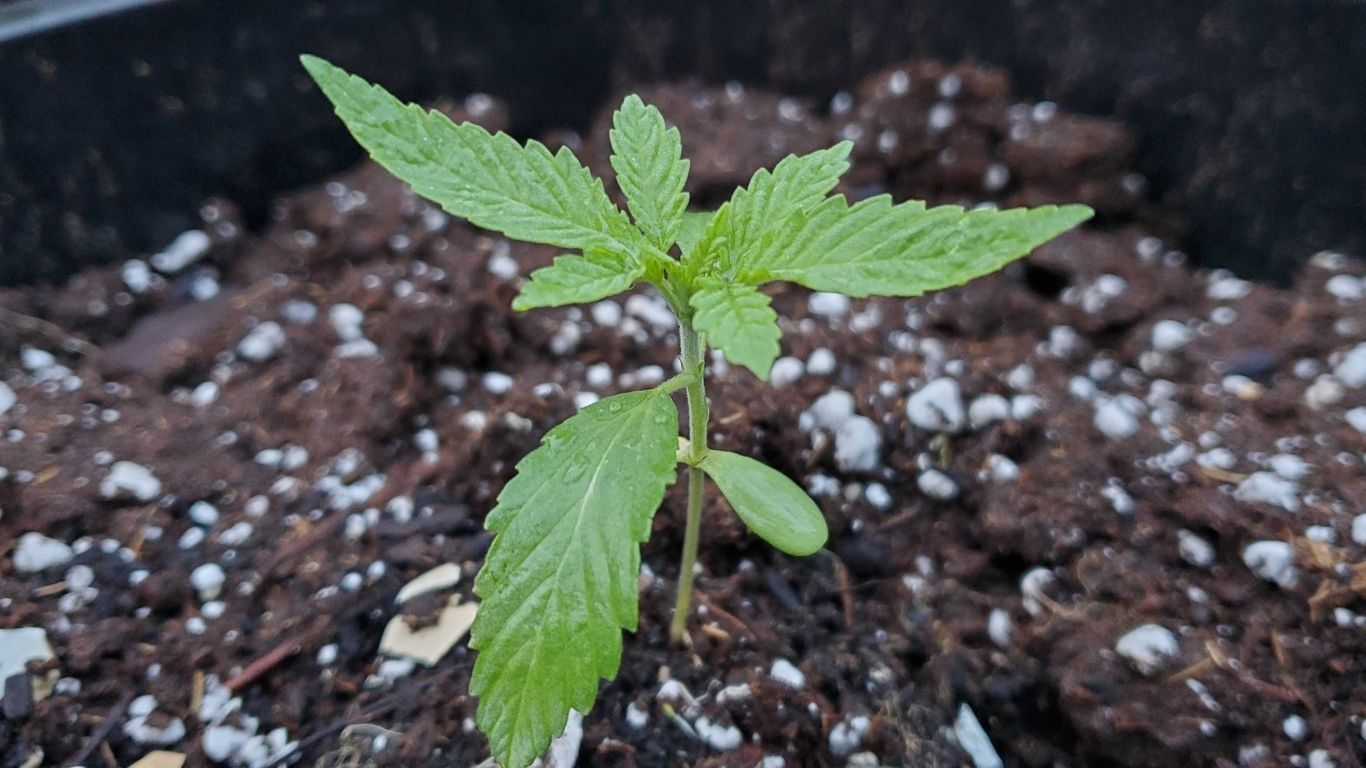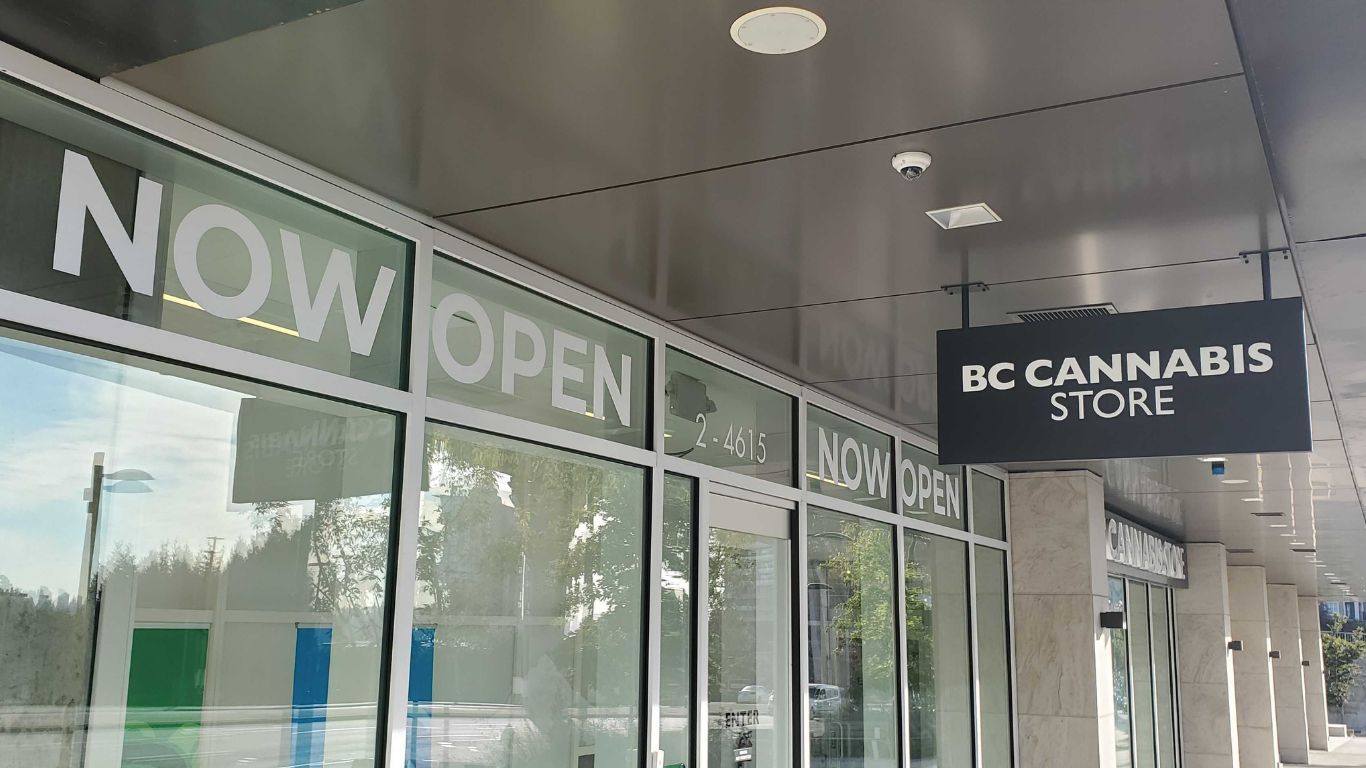
Cannabis NB today released its unaudited results for the third quarter ended December 27, 2020, with total sales of almost $20 million.
Total sales for the thirteen-week quarter were $19.3 million, 76% higher than the same period of late 2019. Cannabis NB’s net-profit for the fiscal to date is $7.4 million.
“For the fourth consecutive quarter, Cannabis NB has generated profits”, said Cannabis NB’s acting President and CEO Lori Stickles. “The net profit for the third quarter was $2.8 million, which is a 360 per cent increase year over year. We anticipate ending the fiscal year in a strong position with $10 million in profit.”
“I am extremely pleased with the effort from the Cannabis NB team and the progress of the business over the last year,” said John Correia, chair of the board of directors of Cannabis NB. “The growth has been remarkable, and I feel confident it is sustainable. We are on track for a strong fourth quarter to finish the year.”
Despite this continued increase in sales numbers, the province’s plans to potentially sell the provincial retail network has been hanging in limbo for over a year now.
On November 14, 2019, the province issued the request for proposals (RFP) to take over Cannabis NB, the provincially-run cannabis distribution and retail chain of 20 stores, and introduced amendments to the Liquor Corporation Act to facilitate the potential change on November 22.
The reasoning given by the government at the time for this proposal was that Cannabis NB was losing money, although the crown corporation has since then shown increasing profits as sales increased and it recouped initial startup costs.
“This is part of our efforts to energize the private sector, get our financial house in order and maximize the benefits for taxpayers and the government,” said Finance and Treasury Board Minister Ernie Steeves in November, 2019. “After a careful and thorough review of the current business model for the sale of recreational cannabis and an analysis of alternative options, we came to the conclusion that the best approach for New Brunswick taxpayers and government is to turn to the private sector.”
By January 13, 2020 the province announced that eight proposals had been received in response to the RFP, from Canopy Growth Corp, Fire & Flower Inc., Green Stop Cannabis Ltd, Kiaro Brands Inc., Loblaw Companies Ltd., New Brunswick Association of Cannabis Distributors, RSL NB, and YSS Corp.
At that point, the provincial government said they expected a decision by Spring 2020. Then, partially due to COVID-19, the decision was delayed until the summer, and then again delayed until after a provincial election on September 14.
In September, Jennifer Vienneau, Director of Communications for the New Brunswick Finance Treasury Board, told StratCann that an update on the decision to privatize Cannabis NB would come following the swearing in of a new government. That swearing in took place in late September.
A government representative shared with StratCann on October 26, 2020 that no new information is available, and no subsequent requests for updates have been responded to.
Currently, all provinces and territories in Canada have a provincially-run distributor except for Saskatchewan and Nunavut. Alberta, Saskatchewan, Manitoba, Ontario and Yukon have exclusively private retail stores, while BC has a mixed model of public and private stores. Quebec, PEI and Nova Scotia have publicly run stores.
The Northwest Territories sell through five liquor stores and online through the government distributor. Nunavut recently opened up their territory to private retailers. Only one has applied so far, and has not yet been fully approved to open.
Key trends for the Cannabis NB’s third quarter (September 28, 2020 – December 27, 2020) compared to the third quarter of last year (September 30, 2019 to December 29, 2019) were:
- Online sales represented 1.6 per cent of sales for the quarter compared to 1.1 per cent last year.
- In store sales represented 98.4 per cent of sales for the quarter compared to 98.9 per cent last year.
- Dried flower sales increased 34.5 per cent, up by $3.1 million.
- Accessories sales increased 65.6 per cent, up by $0.3 million.
- Extracts sales decreased 8.9 per cent, down by $0.1 million.
- Concentrates represented 20.3 per cent, of sales for the quarter at $3.9 million.
- Edibles represented 6.6 per cent of sales for the quarter at $1.3 million.











